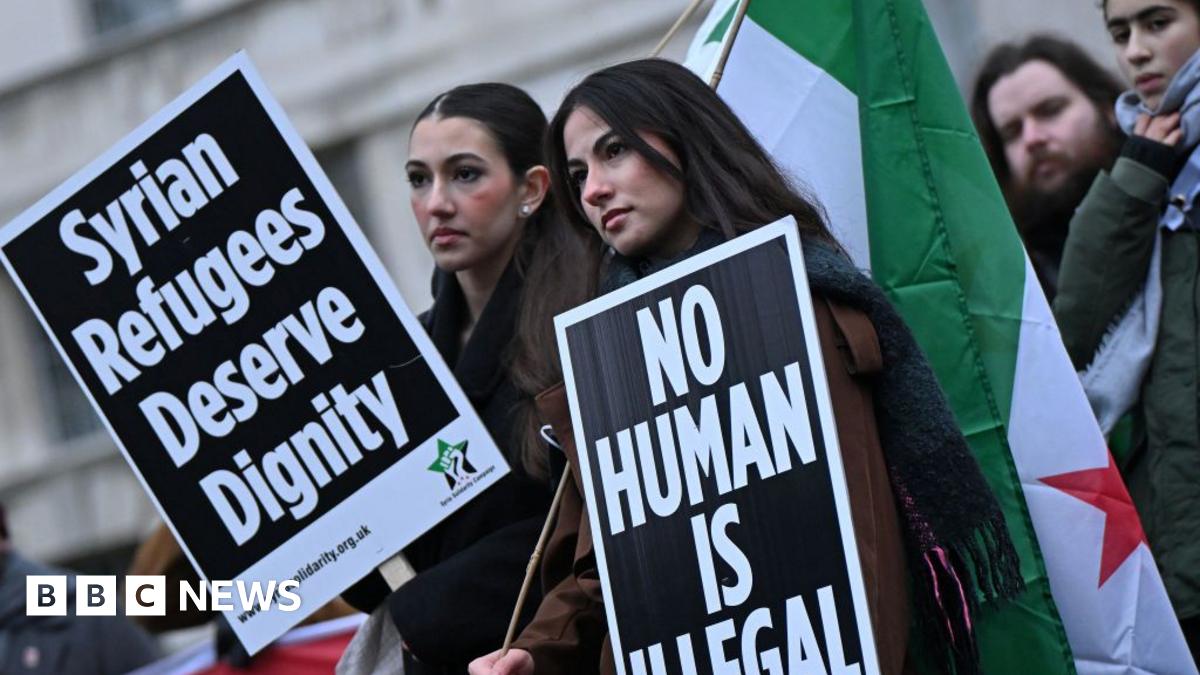Figures affiliated with HTS – which is designated a terrorist group by the UK – now run the country, with HTS leader Ahmad al-Sharaa named as Syria’s interim president earlier this year.
Under the United Nations Refugee Convention, an individual must have a “well-founded fear of persecution” to be granted asylum and refugee status.
The Home Office’s updated guidance on Syria states that a “breakdown in law and order or uncertain security situations do not in themselves give rise to a well-founded fear of persecution”.
“There are not substantial grounds for believing there is a real risk of serious harm in Syria because of a serious and individual threat to a civilian’s life or person by reason of indiscriminate violence in a situation of international or internal armed conflict,” it adds.
“All cases must be considered on their individual facts, with the onus on the person to demonstrate they face persecution or serious harm.”
Ministers have previously suggested that the majority of Syrians who arrived in the UK before the fall of Assad were fleeing the regime, and some may now wish to return.
On the issue of returns, the guidance notes that following the change in government, opponents of the former Assad regime are “unlikely to be at risk upon return to Syria solely on that basis”.
On the situation for religious minorities, it states that Kurds, Christians, Druze and Shia Muslims are “are unlikely to face a real risk of persecution or serious harm from the state” and “the onus is on the person to demonstrate otherwise”.
However, it adds that Kurds in areas under de facto control of the Syrian National Army – a coalition of Turkish-backed rebel groups – “are likely to face a real risk of persecution or serious harm” based on their ethnicity or perceived political opinion.
It also says that although the new government has sought to assure members of the Alawite minority they will not be subject to violent reprisals, Alawites “are likely to face a real risk of persecution or serious harm from the state due to their religion and/or an imputed political opinion”.
Many of the former Assad regime’s political and military elite belonged to the Alawite sect.
The guidance notes that in March members of the Alawite minority were subject to a series of attacks which killed an estimated 800 people, with HTS-affiliated groups reported to have been involved.
Earlier this month, Foreign Secretary David Lammy met interim president al-Sharaa, as he became the first UK minister to visit Syria since the uprising that led to the country’s civil war began 14 years ago.
The UK has also been gradually lifting sanctions on Syria.
